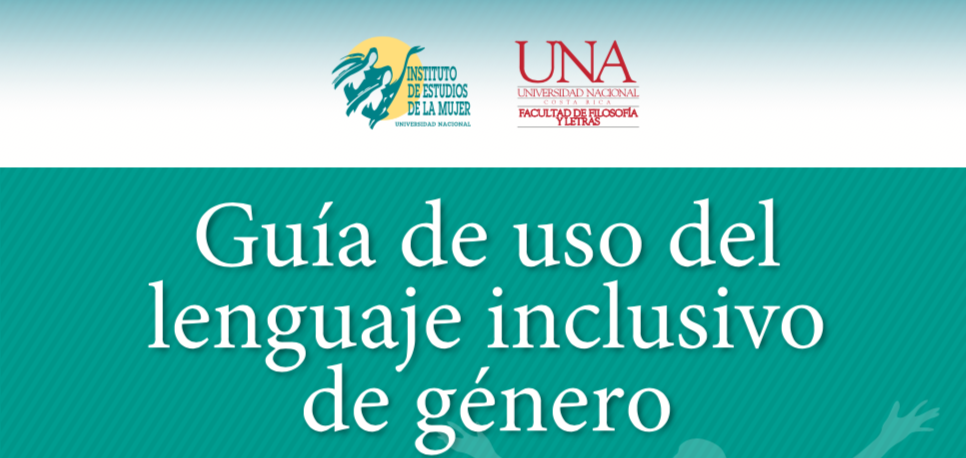NIETSCHE, THE OVERHUMAN AND TRANSHUMANISM
DOI:
https://doi.org/10.15359/praxis.75.6Keywords:
posthuman, transhuman, overhuman, Nietzsche.Abstract
Bostrom rejects Nietzsche as an ancestor of the transhumanist movement, as he claims that there were merely some “surface-level similarities with the Nietzschean vision” (Bostrom 2005a, 4). In contrast to Bostrom, I think that significant similarities between the posthuman and the overhuman can be found on a fundamental level. In addition, it seems to me that Nietzsche explained the relevance of the overhuman by referring to a dimension which seems to be lacking in transhumanism. In order to explain my position, I will progress as follows. First, I will compare the concept of the posthuman to that of Nietzsche’s overhuman, focusing more on their similarities than their differences. Second, I will contextualise the overhuman in Nietzsche’s general vision, so that I can point out which dimension seems to me to be lacking in transhumanist thought.
References
Agar, N. (1998). Liberal eugenics. Public Affairs Quarterly, 12(2), 137-155. Ansell-Pearson, K. (1997). Viroid life: Perspectives on Nietzsche and the transhuman condition. London: Routledge.
Babich, B. E. (1994). Nietzsche’s philosophy of science. Albany: State University of New York Press.
Birx, H. J. (2006). Nietzsche. In H. J. Birx (ed.), Encyclopedia of anthropology. 5 vol., Thousand Oaks, California: SAGE Publications., 1741-1745
Bostrom, N. (2001). Transhumanist values. Recuperado de http://www.nickbostrom.com/tr a/values.html
Bostrom, N. (2005a). A history of transhumanist thought. Journal of Evolution and Technology, 14(1), 1-30.
Bostrom, N. (2005b). Transhumanist values. Review of Contemporary Philosophy, 4, 3-14.https://doi.org/10.5840/jpr_2005_26
Bostrom, N. (2006). Why I want to be a Posthuman when I grow up. Medical enhancement and posthumanity, 1, 107-137.
Habermas, J. (2001). Die Zukunft der menschlichen Natur. Auf dem Weg zu einer liberalen Eugenik? Frankfurt am Main: Suhrkamp.
Nietzsche, F. (1967). Sämtliche Werke. Kritische Studienausgabe in 15 Bänden. Hg. v. G. Colliu. M. Montinari, München. New York: Deutscher Taschenbuch Verlag.
Sorgner, S. L. (2007). Metaphysics without truth. On the importance of consistency within Nietzsche’s philosophy. Revised edition. Milwaukee, WI: University of Marquette Press. Sorgner, S. L. (2006). Facetten der Eugenik. In S.L. Sorgner, H. J. Birx and N. Knoepffler (eds.), Eugenik und die Zukunft. Feiburg i. B.: Alber Verlag, (P. 201-209). Stevens, A. 1994. Jung. Oxford: Oxford University Press.
Stevens, A. 1994. Jung. Oxford: Oxford University Press.
Downloads
Published
How to Cite
Issue
Section
License
La revista trabaja bajo la Licencia Creative Commons Atribución-NoComercial-CompartirIgual 4.0 Internacional; apartir de la publicación número 79 (2019); en publicaciones anteriores se trabajaba bajo una Licencia Atribución- No Comercial- Sin Derivadas 4.0 Internacional.







